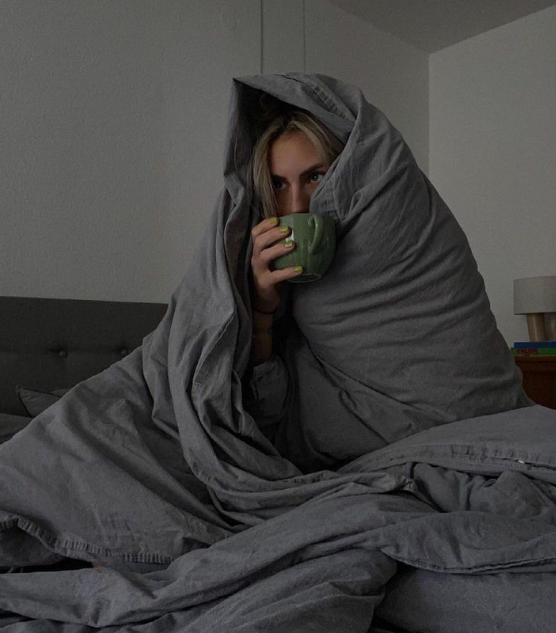The Best Ways To Reduce Anxiety
Everyone feels anxious from time to time, and while it is an extremely normal condition there is still a misperception surrounding the term anxiety. And the truth is anxiety is more than just feeling stressed or worried. Usually, those feelings pass once the “stressor” is removed but for people who suffer from anxiety they usually don’t go away and they can make it hard to cope with daily life.
Fortunately, there are many ways to help cope with anxiety; remember everyone is different and not every strategy can work for you so take your time and find what works best for you (if you still have a hard time coping with anxiety always seek professional help).
Exercise Daily
Exercise causes our brain to boost your serotonin levels, which helps boost your mood and general sense of well‑being and this can massively help you cope with anxiety.
Talk About It
Friends and family are there to help, if you’re feeling overwhelmed let them know you are and how they can help you. Therapists are also a great choice and one you might feel more comfortable with.
Small Acts of Bravery
Avoiding whatever gives you anxiety can bring you comfort in the short term but can actually give you more anxiety in the long term. Try approaching something that gives you anxiety‑ even if it feels like it’s small. The best way through anxiety is to realize that what you fear isn’t likely to happen – and if it does, you’ll be able to cope with it.
Slow Breathing
When you’re anxious your breathing changes, it becomes shallower and faster. Try slowing down your breathing to help you calm down. Count to three as you breathe in slowly – then count to three as you breathe out slowly.
Be Kind to Yourself
Anxiety is a common condition worldwide, the fact that you have it doesn’t affect who you are in the slightest. Remember you are not your anxiety. You are not weak. But mostly remember you can deal with it.
Live in the Present Moment
Anxiety can sometimes make you live in a future that hasn’t yet happened (and maybe won’t happen at all), try bringing yourself back to the present and focus on where you are. Meditation can help keep you grounded in the now.
Take a Time‑Out
There is always something that can make you feel better. Practice yoga, listen to music, meditate, work out, paint; do what you love. Stepping back from your problems can help clear your head and help with your anxiety.
Get to Know Your Anxiety
Getting to know your triggers as well as what works for you to control your anxiety is important since it will make it easier for you to navigate them. Keep a diary and find a pattern, once you know what gives you anxiety you can combat it in a better way.
Progressive Muscle Relaxation
This strategy works well for anxiety attacks since the muscles tend to tense up during these. Close your eyes and breathe, slowly tense and then relax your muscles starting from your toes and working your way up until your head. Hold the tension for 3 seconds before letting go to help your muscles relax and to ride out that anxiety attack.
Challenge Your Self‑Talk
How you think greatly affects how you feel. Anxiety usually makes the problem seem bigger and makes you feel smaller than the problem by making you underestimate your ability to handle the situation. Instead of jumping directly into the worst‑case scenario try thinking of different interpretations of the problem. Look at the facts and compare them for and against your thought being true, most of the time it won’t even be close. Trying to keep a positive attitude is always helpful.


Comments (0)